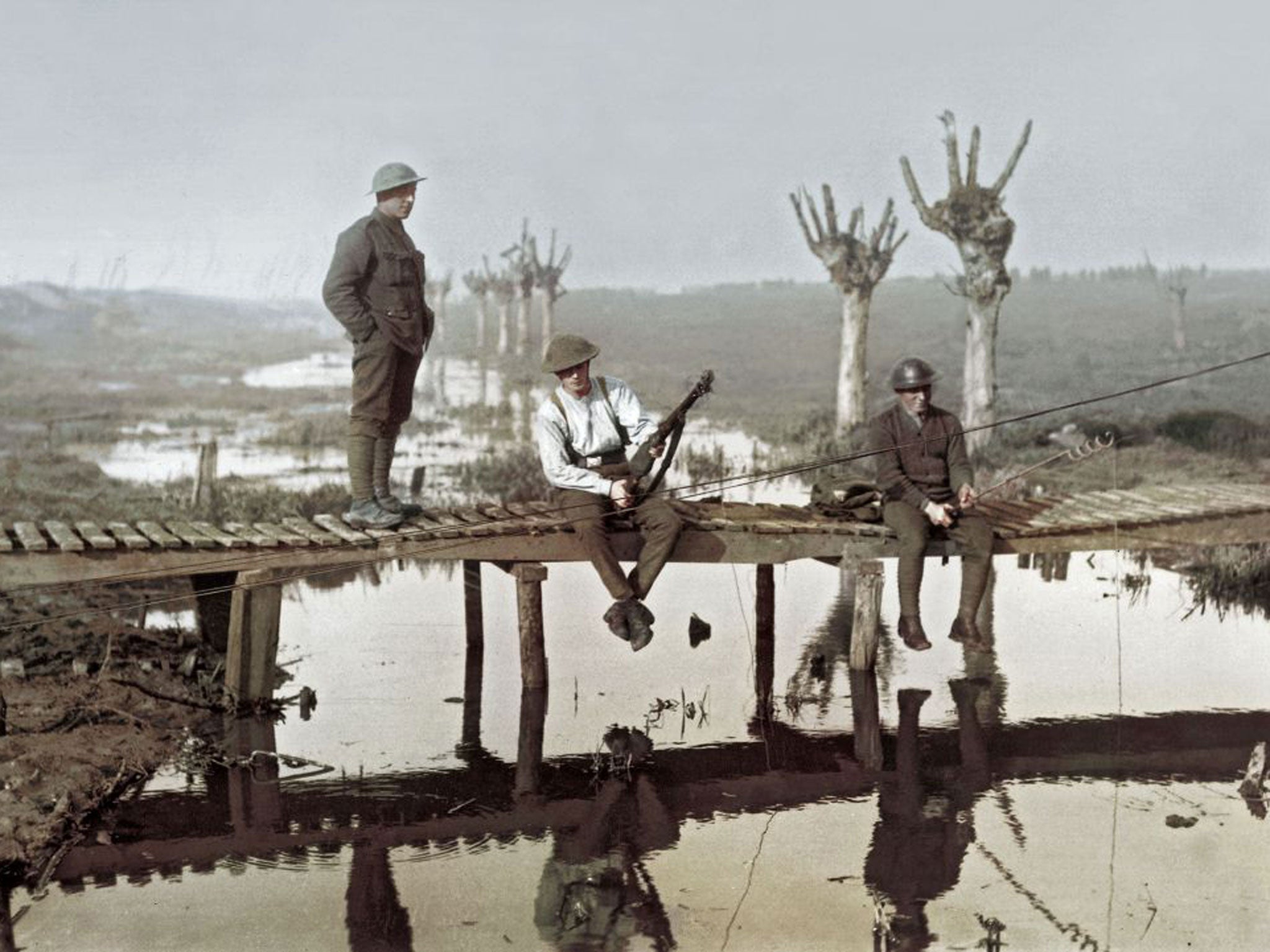Editor's Letter: 100 moments that capture the horror of the Great War
It’s the business of journalists to tell stories about the world as it was, is, and will be

Morning all. A subject as vast, horrifying and contentious as the Great War of 1914-18 is a rare and big challenge for journalists. How to bring the events of a century ago to life and make them relevant for a modern audience? Does relevance even matter? And how to deal with the huge issues that academics still dispute today, such as how many casualties there were, and whether or not the whole conflict was pointless or avoidable? This week, we began to give our answer.
In yesterday’s paper we launched “A History of the Great War in 100 Moments”, a unique centenary series. On consecutive days – and including our sister paper The Independent on Sunday – we are publishing articles of varying lengths on a hundred pinpricks in time that capture something of the tragedy that unfolded after Archduke Franz Ferdinand’s assassination. Sometimes, as in yesterday’s masterful essay by Boyd Tonkin, they will cover two pages; at other times they might be a much shorter article, or an excerpt from the archives, or perhaps a beautiful photograph.
The idea is that these moments each tell a tale, and together they form a narrative for the war as a whole. Of course such a narrative could never be complete. But it’s the business of journalists to tell stories about the world as it was, is, and will be; and I hope you find in these moments a story of the Great War that is compelling.
By the way, you’ll read acres of newsprint over coming months about parallels between 1914 and today (we’ll do a bit too). Some are indeed quite striking. China today, like Germany and to a lesser extent Russia in 1914, is an emerging power annoyed by the established hierarchy in world affairs, which uses nationalism to quell popular unrest and stifle true democracy.
Pax Americana, like the British Empire in 1914, is in retreat; the protectionism of a century ago has echoes in the response to a global financial crisis; and one particular region, the Middle East, is today a tinderbox of sectarian tensions, just as the Balkans were a century ago.
But to coin a phrase, a century is a long time in global affairs, and we should beware amateur historians – myself included! – using talk of parallels to flaunt academic knowledge they thought they had forgotten. The differences are infinitely starker, from the interconnectedness of the global economy today, to the fact that there are more big powers competing to be heard, like India, Brazil, and Indonesia. Nuclear weapons also make a new great war less likely.
Now there’s a cheering thought. Here’s another: a reliable mate at Paddy Power says back Prince de Beauchene at the National, at 20/1. Good luck with your bets, and have a great weekend.

Join our commenting forum
Join thought-provoking conversations, follow other Independent readers and see their replies